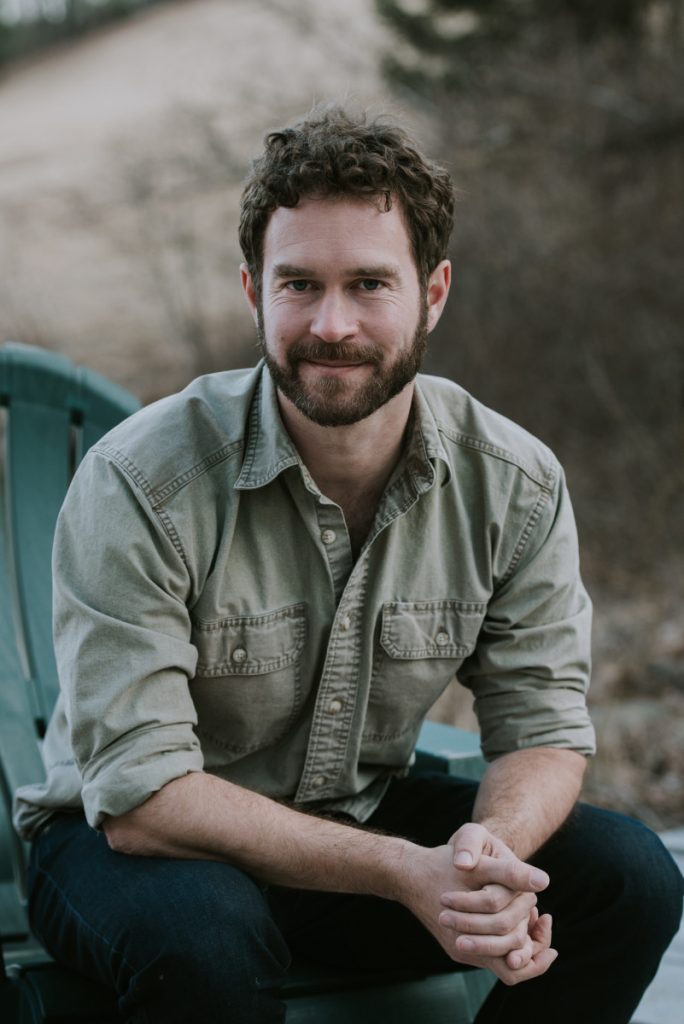
James Buckser
Staff writer
Tim King wants to change the way we think about addiction.
Having lived with addiction himself, King is now author of the book Addiction Nation: What the Opioid Crisis Reveals About Us and a senior fellow at Clergy for a New Drug Policy, where he works to “reframe our moral discussions about addiction, drugs, people who use drugs and drug policy.” To King, helping our country’s problem with addiction starts with cultural attitudes toward drug use, which he says is connected to faith.
King will discuss his perspective on addiction, its public perception, and its connection to faith at 2 p.m. today in the Hall of Philosophy as a part of the Interfaith Lecture Series’ Week Three theme “Health and Faith: Considering the Center of Wellbeing in America,” in partnership with Interfaith America.
“I think most people, whether they are religious or not, have religious beliefs about drugs,” King said. “That has significantly hindered our ability to address problems of addiction.”
King said that part of the problem with our discussions of addiction was that “we’ve got our categories flipped.”
“What we’ve done is declared a war on drugs, when in reality, drugs are an inert substance,” King said. “When you declare war, it’s not on the drugs themselves, it’s on the people who use drugs.”
The war on drugs is not against common substances like wine, beer and chocolate, King said; it’s on drugs being used by “people who are often othered.”
“By declaring that war, we have taken what is fundamentally an issue of health and of human flourishing, and put it into a category of criminality,” King said.
The “religious” treatment of drugs is tied into ideology and rhetoric, which people talk about “as if chemicals are inherently morally evil” and must be defeated, he said. Instead, the purposes of drugs are far more varied.
“In my case, I needed to be on opioid pain medication because the condition that I was suffering from was so painful, my body might not have survived otherwise,” King said. “Fentanyl helped save my life.”
Fentanyl is one of the leading causes of overdoses in the United States, which he said stems not from the drug itself, but because people don’t know how much they’re taking or what else might be in it.
“People are dying from lack of education, from ignorance, and a lack of quality control around a substance that can be used safely and for the purpose of healing in the right context, in the right situation,” King said.
He advocates for an interdisciplinary approach to drugs, embracing the “messy intersection of faith, science, drugs and addiction,” as it says on his website, without going too far in any one direction.
Thinking of humans as “biological machines that are filled with chemical reactions” makes us miss the root causes of the overdose crisis, King said. On the other hand, if we reduce everything to the spiritual, that can make people “forget our physical realities,” and interpret drug use as “simply decisions of individuals.” At that point, we don’t see the social, historical and political “realities” that have created the current situation.
“I think that addiction has often been misunderstood,” King said. “What it is probably closest to, that a lot of people do have experience with, is faith.”
Both faith and addiction, King said, involve “persistence in a particular direction” despite negative consequences. The difference is that persistence – when evolved into addiction – is constricting, while that same persistence channeled into faith is not.
“(Addiction) continues to shrink the circle of our attention, and eventually enwrap us in only a minute focus towards that object of our addiction,” King said. “While faith, when well-lived, continues to widen that circle out as we begin to see more and more opportunities to live out and love in our lives. But that process is incredibly similar, and people who have experienced both, I think, have an insight that not everyone else has.”
King said he hopes Chautauquans will see themselves as “part of the solution,” and see people who use drugs with more empathy, like the doctor he feels saved his life.
“(Addiction is) one of the few issue areas where the simple presence of knowledge and compassion — as opposed to judgment and stigma — has a tremendous transformative power,” King said. “I would be one of those tragic statistics today if I didn’t have someone who saw me first as a human deserving of dignity, and not first as a drug user.”




